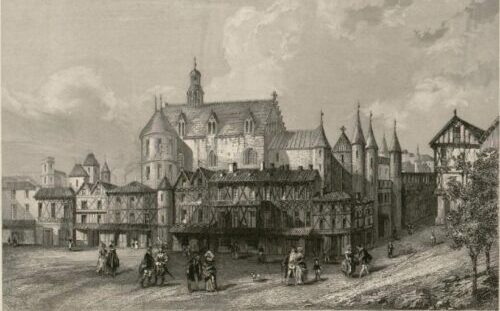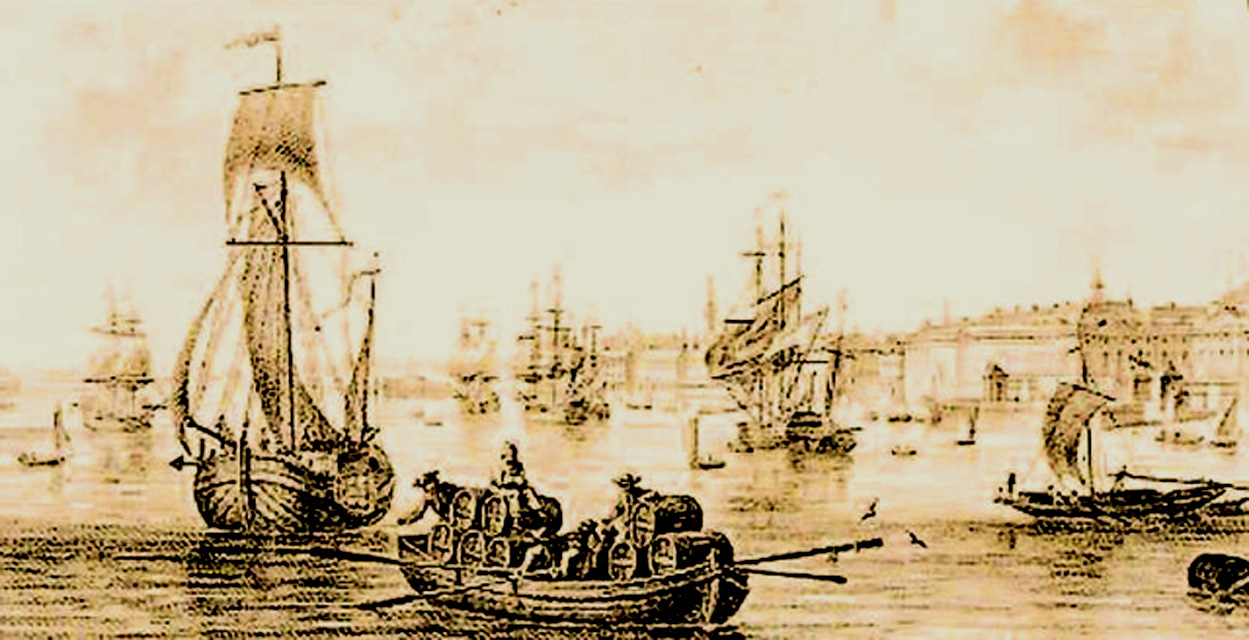Early Adulthood
Despite the political interplays between the French and English king, in the beginning of the 14th century the “English city” of Bordeaux would reach a population of around 30.000 people the largest since its origin as it was entering its first golden era marked by the construction of the third city-wall. The short French occupation caused a further expansion of the city by the addition of the suburbs where the main convents and monasteries were located within the limits of the expanded city. In 1305 the Archbishop of Bordeaux, Bertrand de Got, became Pope under the name of Clément V. With his immense power the new pope managed to restore all the privileges of the Bordelais and elevate the importance of the new Archbishop of Bordeaux even further. In 1321 Edward II, King of England since his father’s death in 1307, solemnly united the town of Bordeaux to the crown of England. His refusal to give homage for Gascony to the new (1322) French King Charles IV would lead to yet another war (the War of Saint-Sardos) between the two kingdoms in 1324, a prelude of the Hundred Years’ War that would start in 1327.
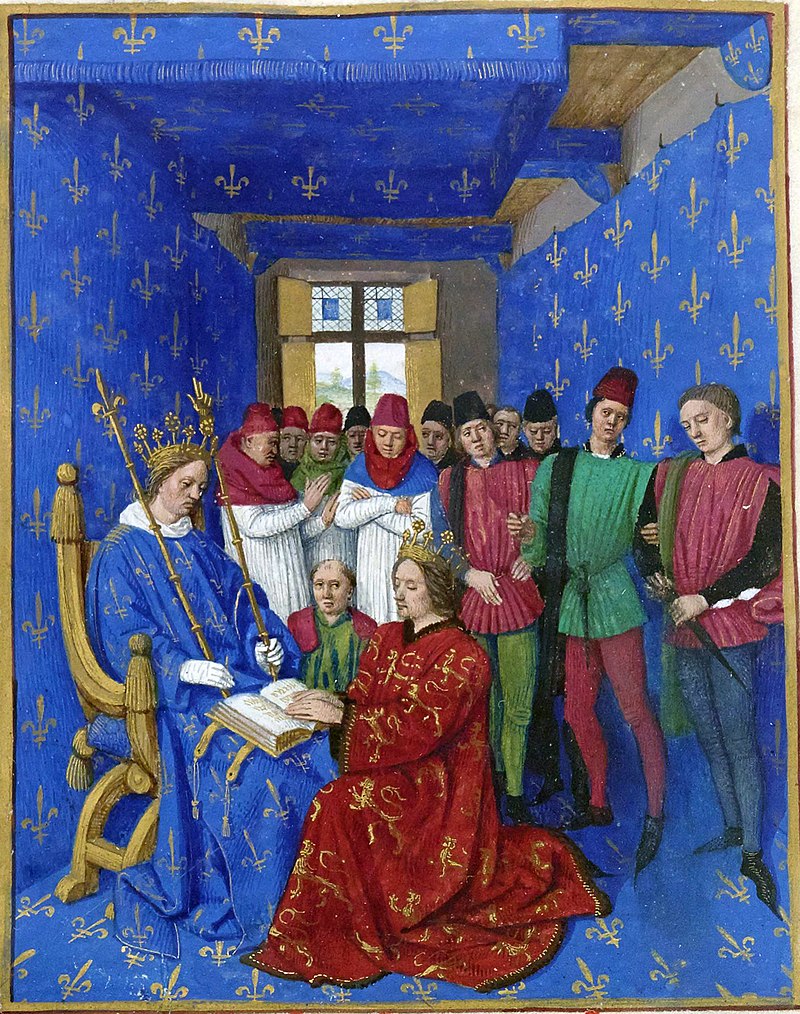
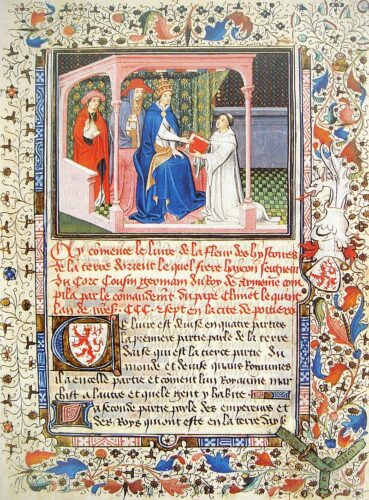
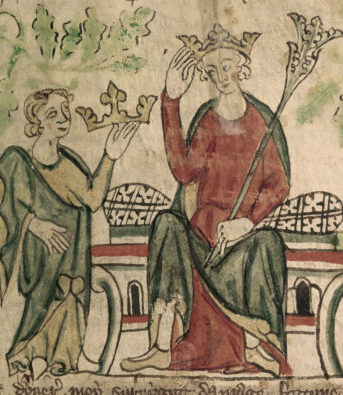
In 1355 the son of the English King, Prince Edward of Woodstock or The Black Prince started his campaign to conquer France from Bordeaux. A year later he won the French King who was captured & jailed in Bordeaux. From 1362 to 1372 Bordeaux was the capital of The Black Prince & its independent state which after a losing battle with the new French King, Charles V, was reduced to a narrow territory between Bordeaux & Bayonne.
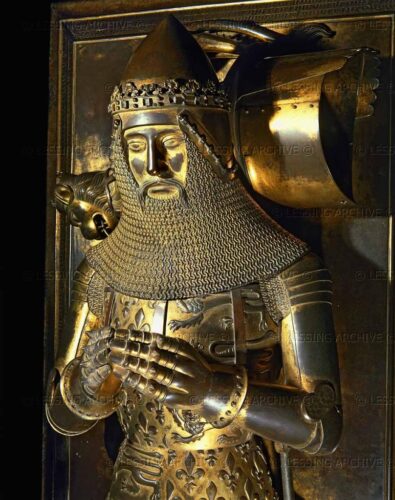
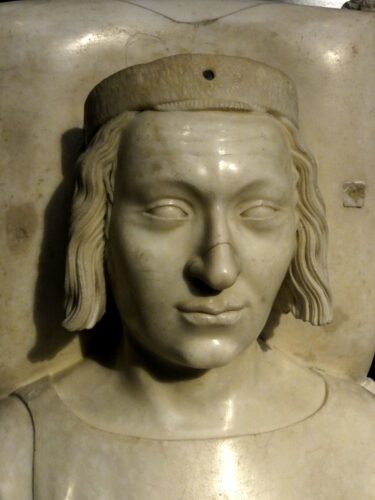
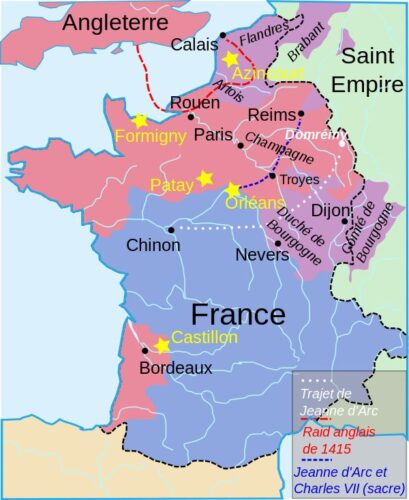
The Hundred Years War was actually very beneficial for the Bordelais, because Edward III and his successors, were forced to rely on Bordeaux in their fight against the King of France, always seeking to ensure the loyalty of the city by making numerous concessions to its citizens. Thus the Bordelais remained loyal to the English crown with a single exception of a great riot caused by the arbitrary imposition of taxes by the Black Prince in 1365. The city remained faithful to the English crown even after Black Prince’s death in 1376 until 1453 when King Charles VII of France, won his last battle against the English in the Battle of Castillon which ended the English rule in Bordeaux, in essence leaving only Calais and the Channel Islands under the English rule.
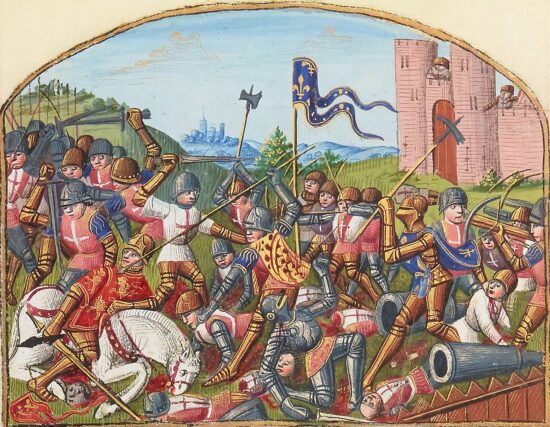
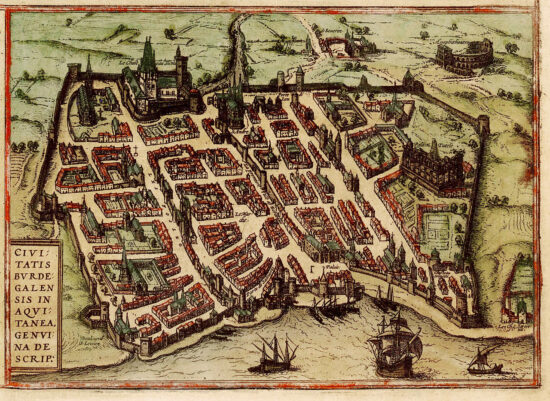
After three centuries (marriage of Eleanor of Aquitaine 1154) Bordeaux was English no more. After so much time this came as a shock for many of the city’s citizens who considered themselves English & not French. More than 2000 of them leave for England immediately. The lucrative for the city trade of wine with the English Isles came to a halt, afflicting its main source of wealth & increasing the popular discontent. The fear for the county’s allegiance to the crown, forces the French King to constructed two fortresses, Château Trompette (Trumpet Castle) and the Fort du Hâ, while he tries in the same time to make the transition seem easier by retaining some of the city’s privileges acquired during the English period.
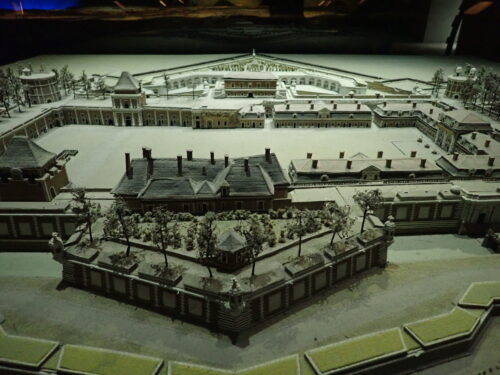
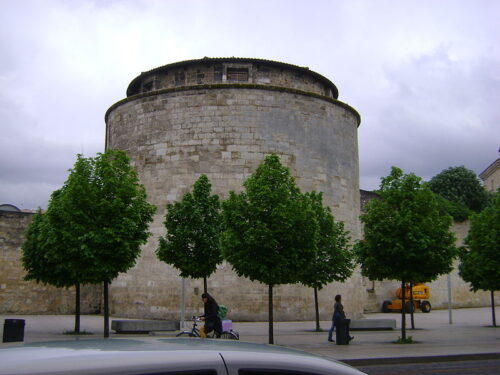
In 1462 Louis XI inaugurates the Parliament of Bordeaux at the Palais de l’Ombrière, a palace that was being built little by little since the 11th century in order to work as the official residence of the Dukes of Aquitaine. Of course the parliament was not in reality an instrument of real power or independent governance, with the French Kings always having the last word & always being very cautious of the city’s affairs in the course of time. Nevertheless its jurisdiction extended over Bordeaux, Landes, Agenais, Périgord, Limousin and Saintonge. The University is re-established and is placed under the umbrella of Notre-Dame and foreign citizens are granted important benefits in order to move into the city. Despite the initial shock in Bordeaux’s trade relations, by the end of 15th century normality had been re-established & things started to look auspicious again. The city’s port quickly took on the helm of the French trade with English merchants.
